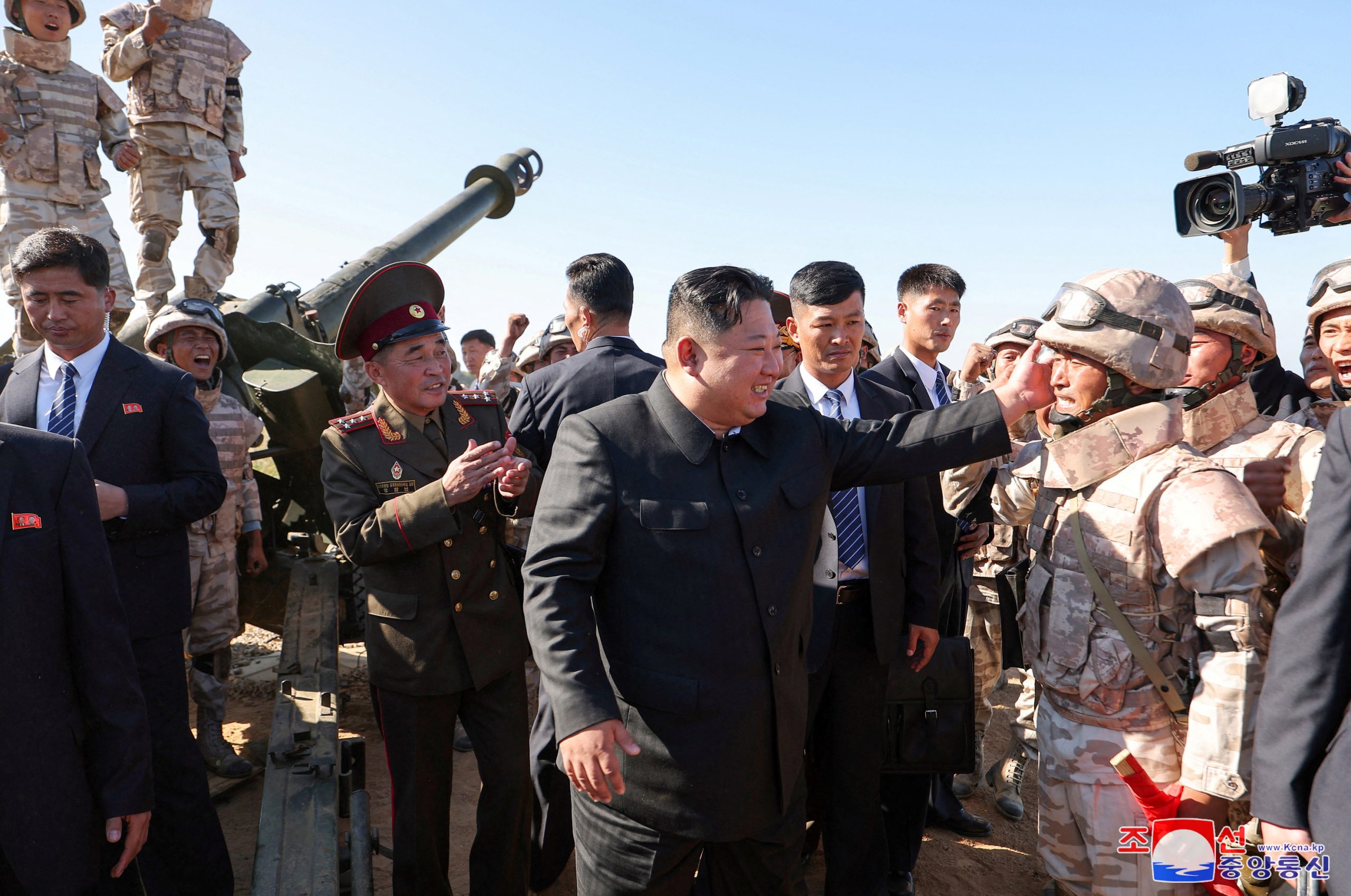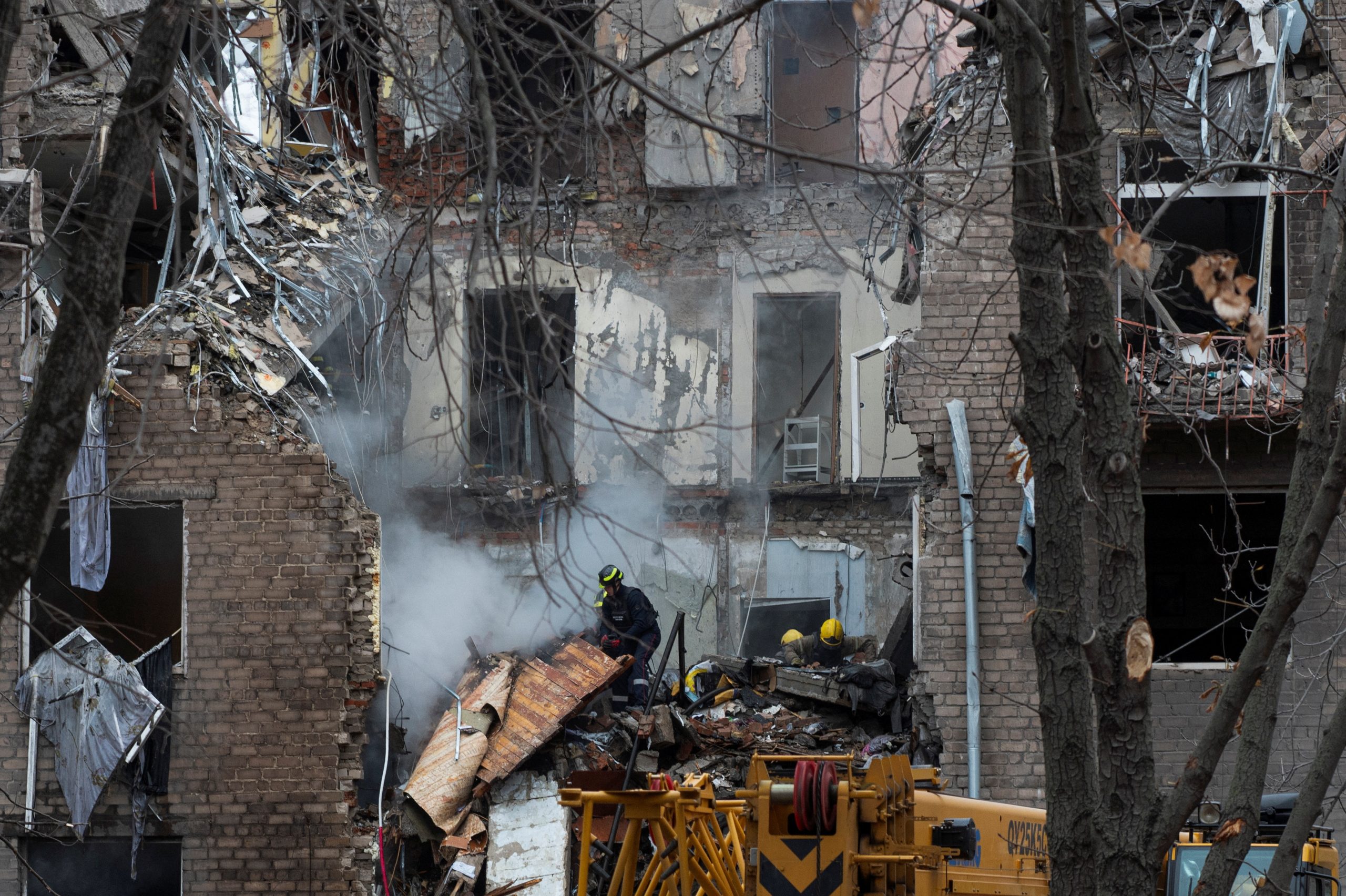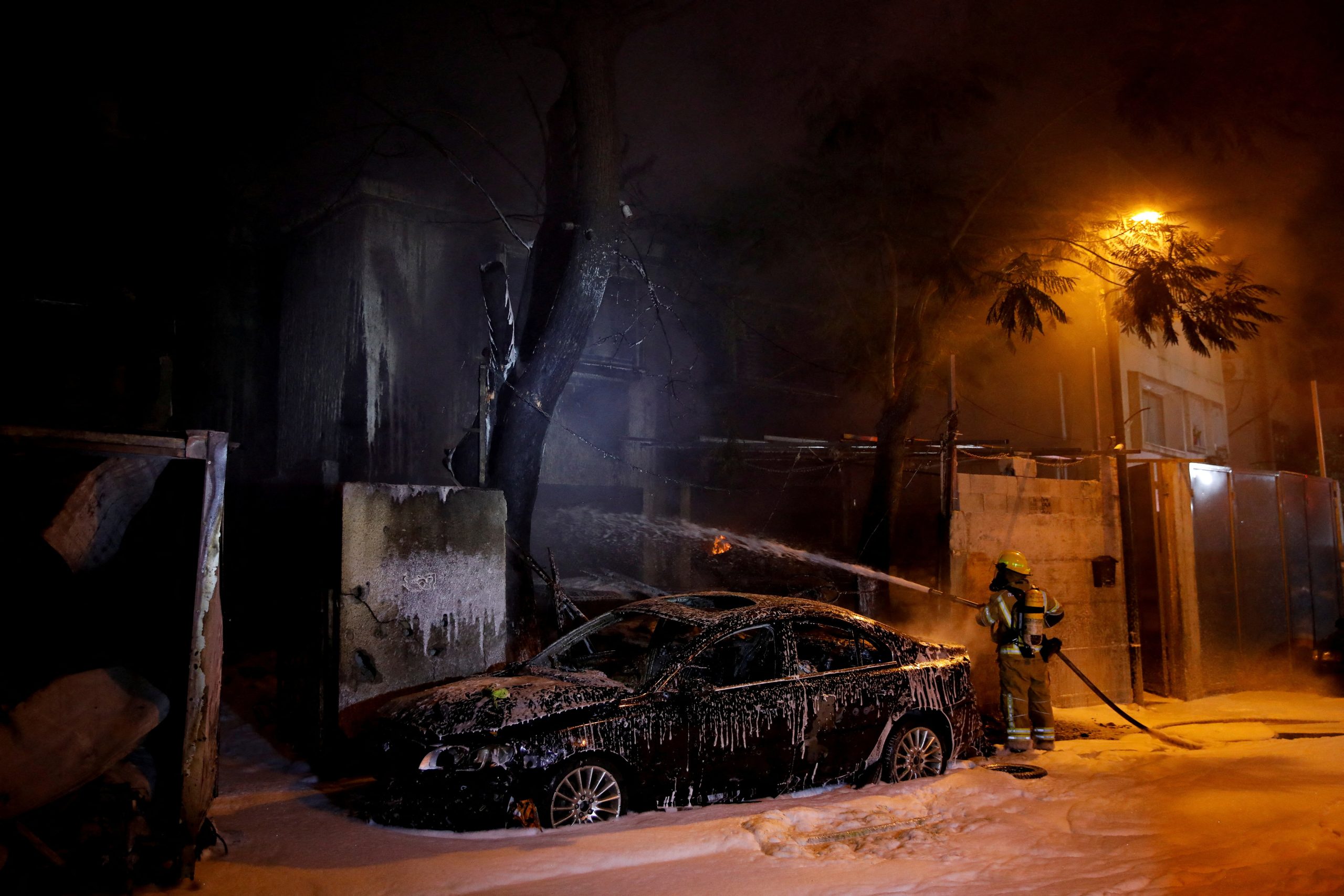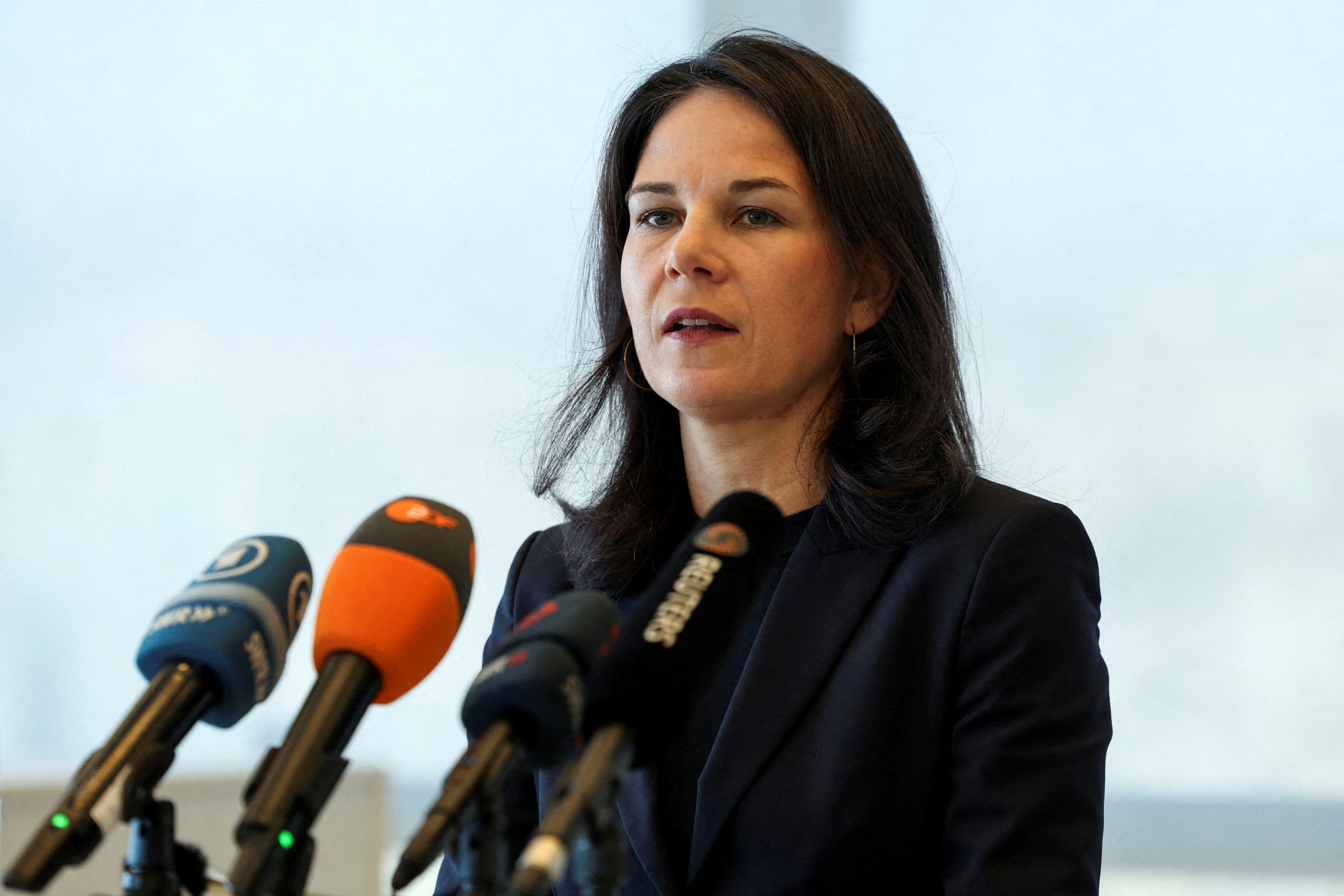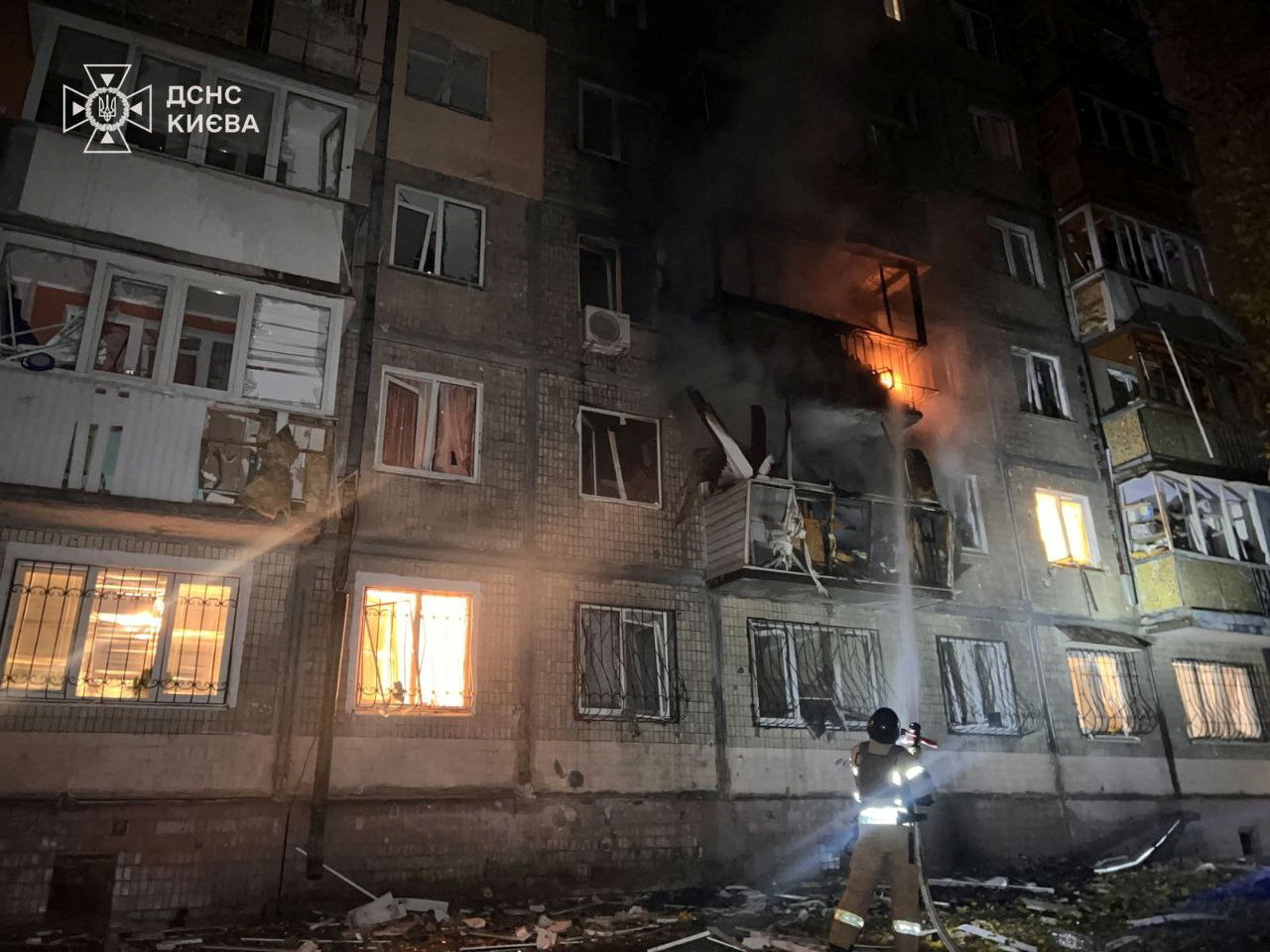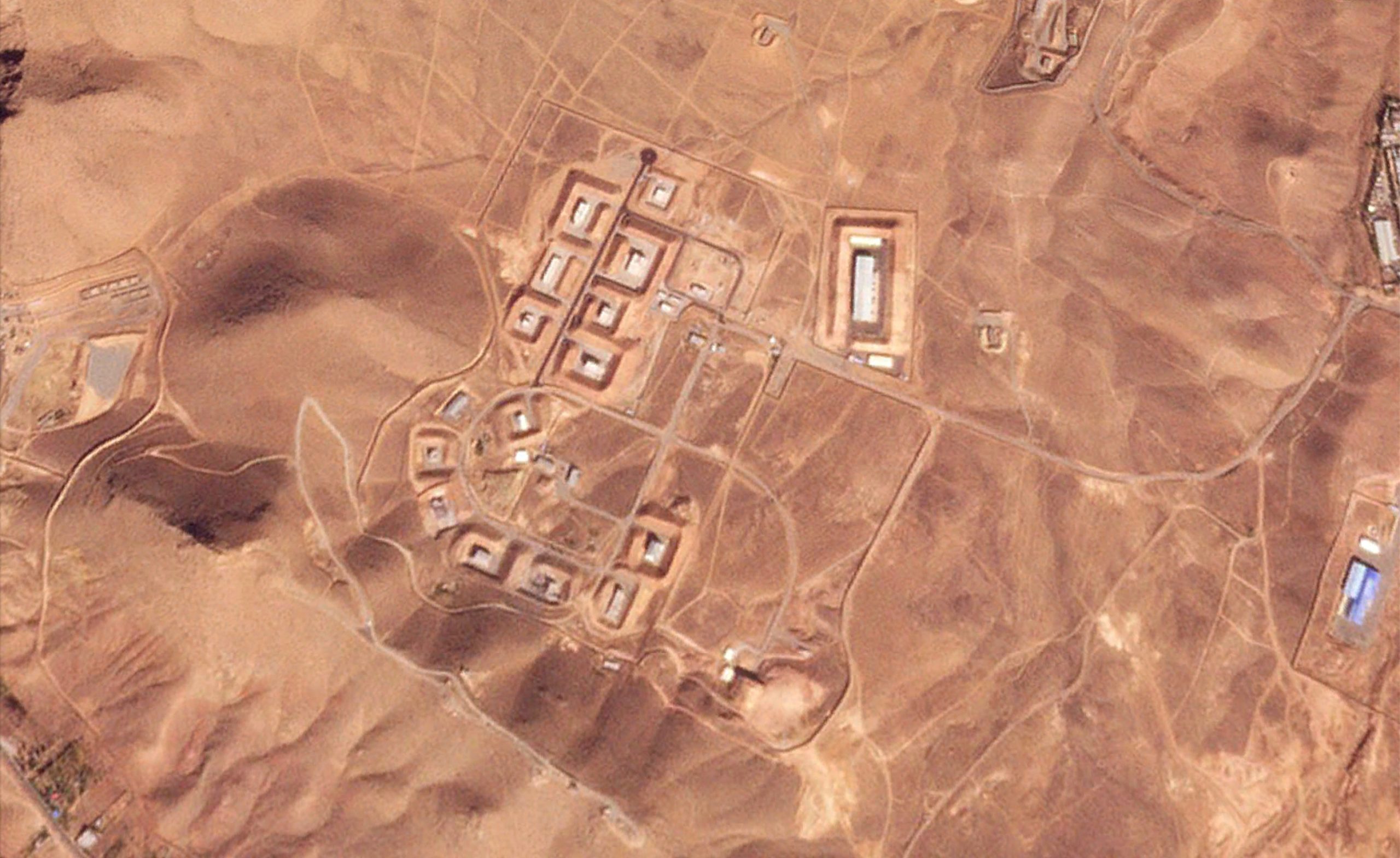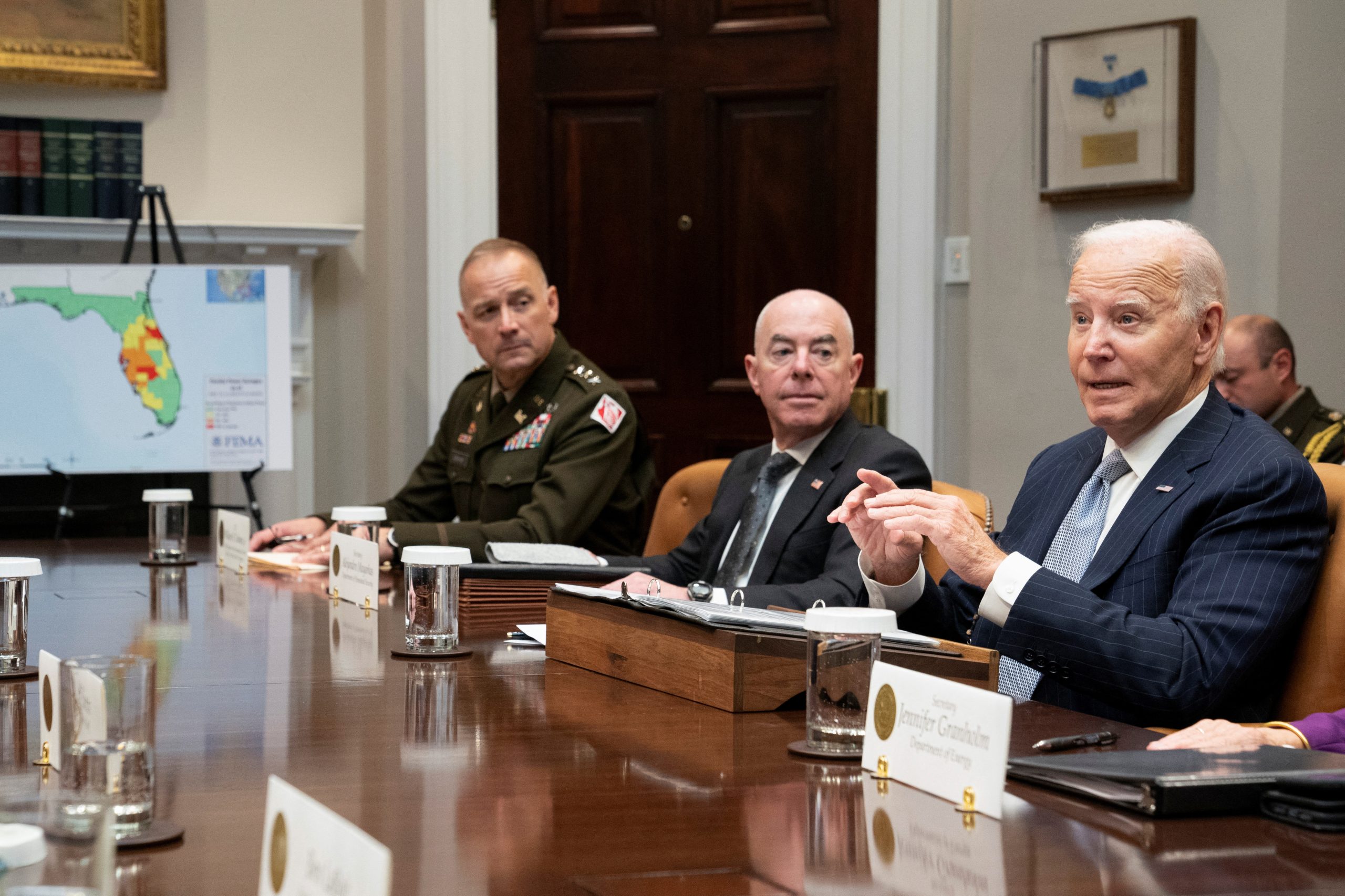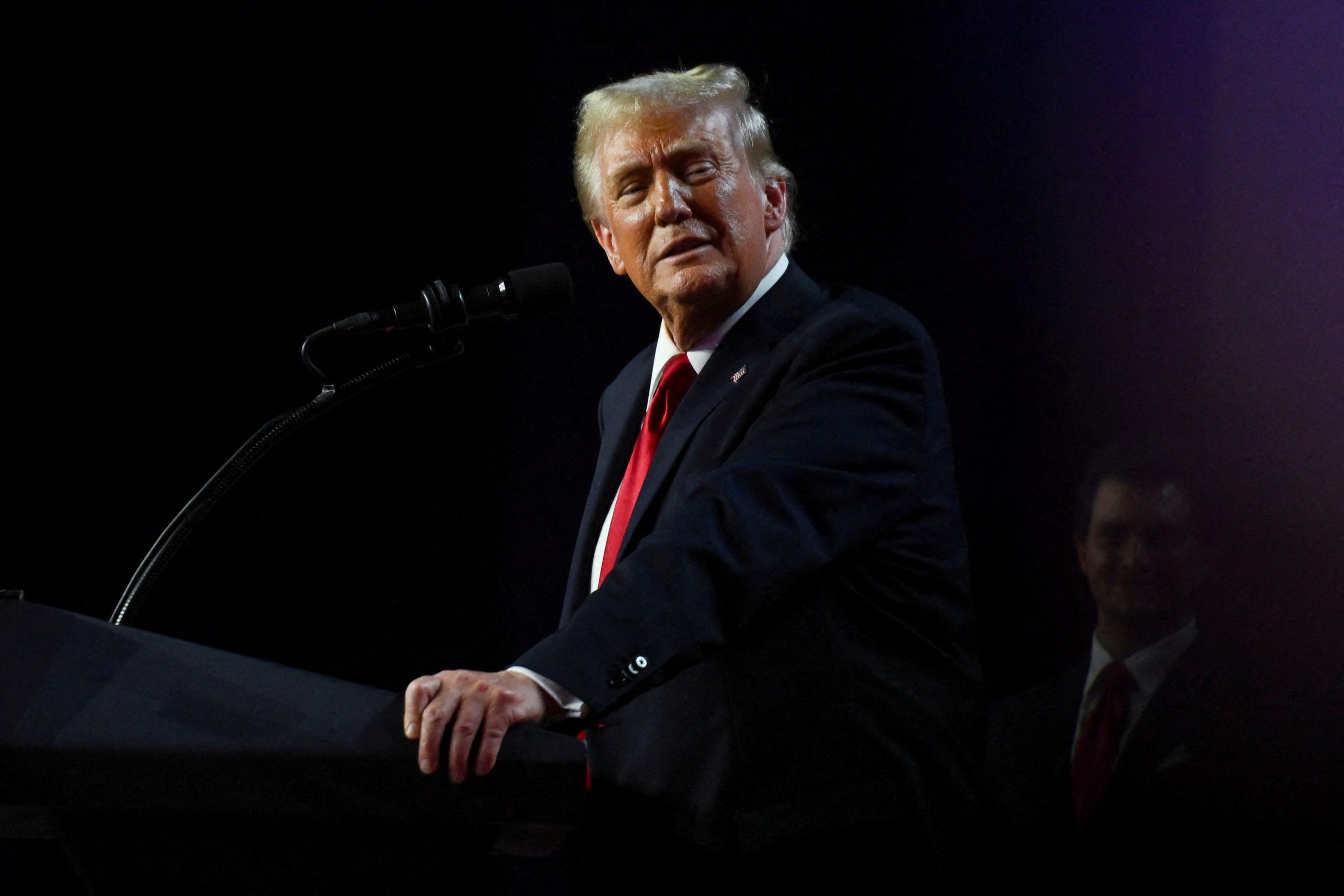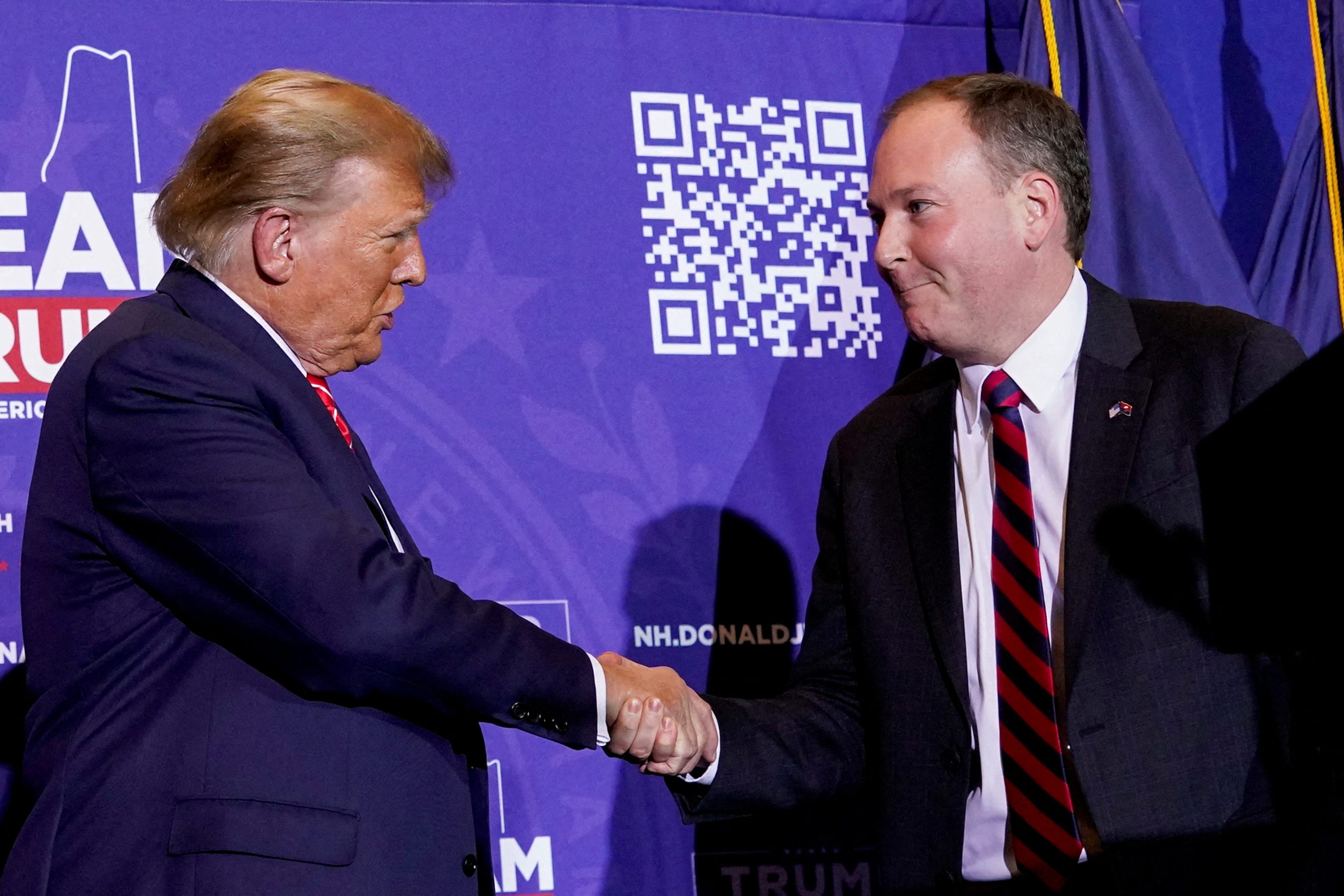“The country has raised the level of security around Kim due to possible attempts on his life,” warns South Korea’s Yonhap News Agency, citing insights from the South’s main intelligence agency.
In a dramatic escalation of regional tensions, North Korea is significantly enhancing security measures for its supreme leader, Kim Jong Un, amid growing fears of assassination attempts. This strategic move follows North Korea’s recent deployment of thousands of troops to support Russia in its ongoing conflict with Ukraine, heightening global concerns about a potential expansion of the war’s frontlines.
According to Yonhap News Agency, North Korea has implemented advanced security protocols, including the operation of communications jamming vehicles and the deployment of sophisticated drone detection equipment. These measures are designed to safeguard Kim Jong Un from perceived threats, as reported by legislators briefed by the National Intelligence Service (NIS).
The deployment of North Korean troops to Russia marks a troubling development in the Ukraine war, with international powers expressing deep concern over the implications of such an alliance. “North Korea’s involvement significantly heightens the risk of further destabilization in the region,” stated a senior U.S. intelligence official, emphasizing the precarious nature of the current geopolitical landscape.
Tensions between North Korea and neighboring South Korea have surged in recent weeks, with both nations exchanging accusations over unauthorized drone flights into each other’s airspace. The presence of North Korean forces in Russia has not only intensified these hostilities but also prompted condemnation from South Korea and its Western allies. The international community views North Korea’s military support for Russia as a dangerous escalation, potentially broadening the scope of the conflict in Ukraine.
Additionally, the NIS has revealed that Kim Jong Un’s daughter, Kim Ju Ae, is believed to have been promoted within the North Korean hierarchy. “Her position has partially been elevated, citing her public appearances and involvement in military activities,” Yonhap reported, highlighting the emerging role of the younger Kim in the regime’s power structure. At approximately 12 years old, Kim Ju Ae is being positioned as a potential successor, with state media referring to her as a “great person of guidance,” a title reserved for top leaders and their designated heirs.
The strategic alliance between North Korea and Russia was solidified in June with the signing of a mutual defense treaty, which includes clauses for defense assistance in the event of aggression against either nation. This pact has further complicated the international response to the Ukraine war, as it ties North Korea’s military ambitions to Russia’s military objectives.
Kris Osborn, President of Warrior Maven and former Pentagon expert, commented on the situation: “North Korea’s bolstered security measures for Kim Jong Un, coupled with their military support for Russia, signal a significant shift in the dynamics of regional power. This alliance poses a multifaceted threat, not only to Ukraine but to the broader stability of East Asia.”
The NIS also disclosed that North Korea is preparing to launch a spy satellite with Russian technical assistance, following a failed attempt in May that resulted in a mid-air explosion. This development underscores North Korea’s commitment to enhancing its surveillance and intelligence capabilities, further complicating the already volatile security environment.
As North Korea and Russia deepen their military cooperation, the international community remains vigilant, closely monitoring the potential for further escalation. The United States continues to urge China to leverage its influence over Pyongyang to mitigate these destabilizing actions, but skepticism remains regarding the effectiveness of such diplomatic efforts.
The heightened security around Kim Jong Un, coupled with North Korea’s active military involvement in the Ukraine conflict, highlights the intricate and perilous web of alliances that define modern geopolitical tensions. As the situation evolves, the need for coordinated and strategic responses from global powers becomes increasingly critical to prevent further destabilization and promote regional peace.
Source: Reporting by RFA Staff, Yonhap News Agency

